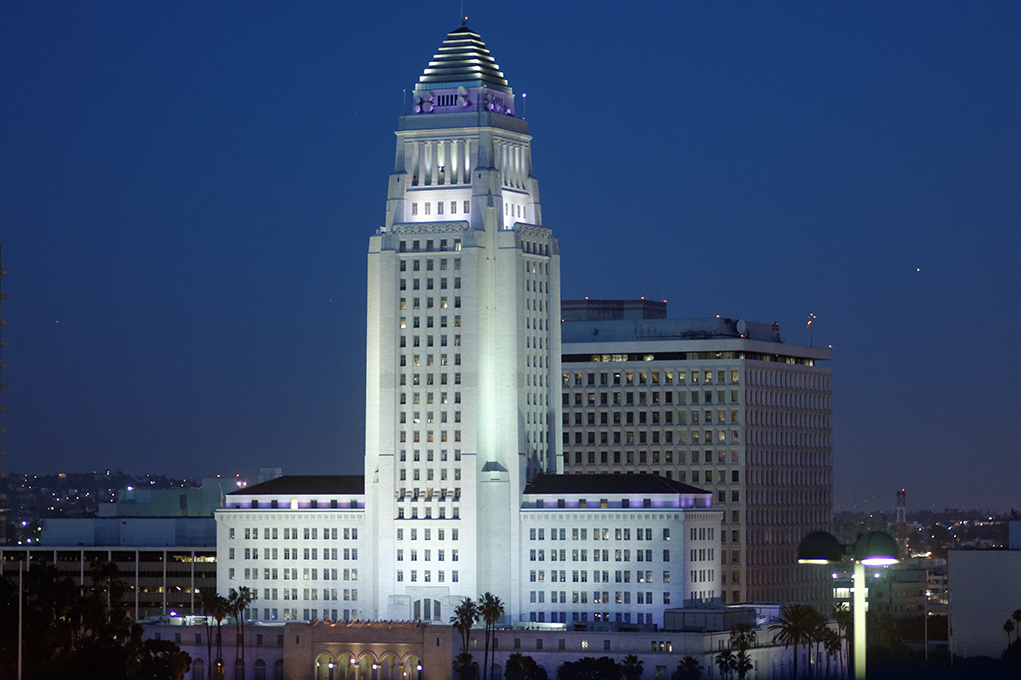An L.A. City budget update reported that the city’s revenues are $158 million below projections, largely because of tax revenue shortfall. The City is projected to overspend this coming year by $143 million according to a report by City Administrative Officer Matt Szabo.
L.A. City Controller Kenneth Mejia reported that there is a projected budget gap between $350 to $400 million of costs that will be greater than revenues in 2024-25.
Additionally, as the City decides what needs to be cut from the budget, it must factor in the money it has approved for new contracts with the police, which will result in $75 million in the 2024-25 cycle. The city must also factor money negotiated with a coalition of unions that would result in seven pay raises, at about 24% per union worker.
Szabo suggested to Councilmembers that all currently vacant positions, paid for through the general fund be eliminated, resulting in freeing up $283 million. According to the L.A. Daily News some of these vacant positions, which are called noncritical, have been vacant for years.
According to Mejia, one out of every six city jobs are unfilled, “The City will be forced to cut hiring for the thousands of currently vacant city job positions and in future budgets,” he wrote on X – formerly Twitter. “City services will inevitably suffer as a result.”
If voters approve Initiative HLA, that will mean that general funding, the money that pays for neighborhood services, public safety and infrastructure will all go to the City Mobility Plan 2035. The plan was championed by former Councilmembers Jose Huizar and Mike Bonin and passed in 2015. Basically, more road diets, bike lanes and pedestrian-oriented road features anytime a road is resurfaced.
When CTN spoke to Councilmember Traci Park on Saturday about the budget and HLA, she said, “It will tie my hands. That ballot measure will come at the expense of all other programs.”
In preparation for meeting with her colleagues to discuss budget cuts, Park has asked her constituents to take a budget survey and list the city departments and services that are most valuable to them and to prioritize them click here.
In the survey, 29 city agencies are listed and then one is expected to fill in the 10 that are most important. It seems like the survey is meant to garner as many different city departments as possible, which means those that a resident doesn’t think are as important will be factored into the results.
What if a resident only feels that police and street services are important and that’s where money should go? One can list those two choices over and over in the 10 slots.
All slots must be filled to go to the next section.
On Homeless Policy Priorities, there are seven possible answers (Inside Safe, Acquisition or Lease of Motels, Permanent Supportive and Affordable Housing, Drug Rehabilitation, Mental Health Crisis Beds, Outreach and Engagement and Harm Reduction). There are five blanks, meaning someone taking the survey has to respond with five answers. (You’re not allowed to leave a field blank.)
After watching all the money that has been spent towards solving the homeless crisis and that failure, it seems like the three options that have not been tried (drug rehabilitation, mental health crisis beds, outreach and engagement), should be top priorities. Instead of choosing five different answers, CTN put in three and then repeated two of the choices.
Park is interested in constituent’s concerns for how taxpayer dollars will be spent: residents are urged to take the survey.

